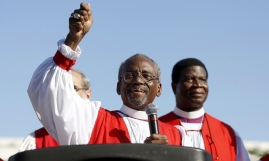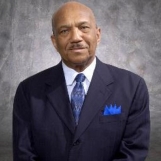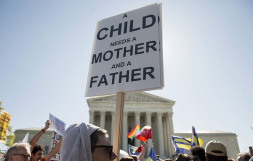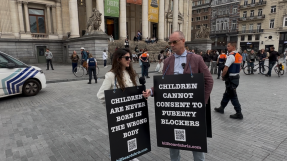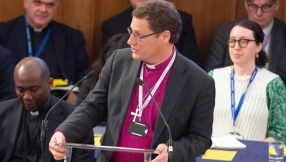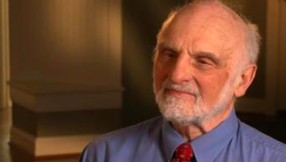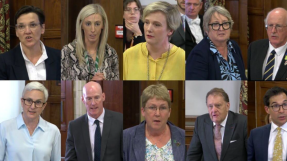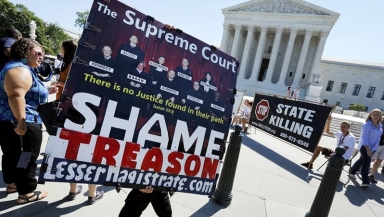
The Louisiana Supreme Court has dismissed as moot the state's appeal of a district court ruling that found its same-sex marriage ban unconstitutional after the US Supreme Court issued a ruling on June 26 upholding gay marriage throughout the nation.
However, Louisiana's justices voiced their opinions about the US Supreme Court's same-sex marriage ruling and majority of them did not agree with it.
Justice Jeannette Theriol Knoll said, "I concur because I am constrained to follow the rule of law set forth by a majority of the nine lawyers appointed to the United States Supreme Court in Obergefell v. Hodges."
She said as author of an amendment that defined marriage in Louisiana as between a man and a woman, "I write separately to express my views concerning the horrific impact these five lawyers have made on the democratic rights of the American people to define marriage and the rights stemming by operation of law therefrom."
"It is a complete and unnecessary insult to the people of Louisiana who voted on this very issue," she wrote.
In September 2004, voters in Louisiana approved an amendment declaring marriage in the state should be between a man and a woman with 77.8 percent in favour.
She said the apparent and rapid shift in public sentiment towards same-sex marriage has been "profound."
But she cautioned that "the role of the judiciary is not to weigh shifting public sentiment at any given moment, but to be steadfast in following the law duly enacted by the people and/or their representatives."
In his dissenting opinion, Justice Jefferson Hughes III said "marriage is not only for the parties."
"Its purpose is to provide children with a safe and stable environment in which to grow. Its definition cannot be changed by legalisms," he wrote as he took aim at the US Supreme Court ruling.
Hughes expressed concerned about same-sex couples adopting children.
"The most troubling prospect of same sex marriage is the adoption by same sex partners of a young child of the same sex. Does the 5-4 decision of the United States Supreme Court automatically legalise this type of adoption?"
However, Justice Greg Guidry scored Hughes' dissenting opinion as without legal basis.
"The dissenting opinion suggests we should not follow the holding of the Supreme Court of the United States. However, it cites no legal authority. It cannot, because there is none to support its position," he said.
He also criticised Hughes' statement on adoption, saying "the dissenting opinion appears to be unaware of the facts of the case before us, which involves the intra-family adoption of a boy by the female spouse of the boy's biological mother."
"In any event, the dissenting opinion cites no legal or scientific authority, nor does the record contain any evidence that would support its insinuation," Guidry wrote.











